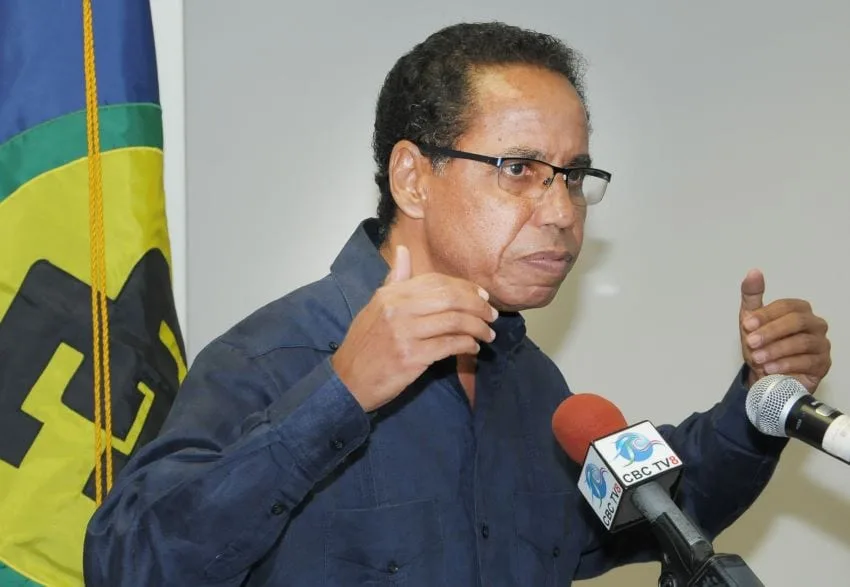
The demand for reparations for the brutality of slavery committed against Africans has been a very long process but there appears to be light at the end of the tunnel.
The popular narrative among some groups who have poured cold water on the Caribbean’s efforts to seek compensation is the suggestion that the current generation was not responsible for slavery and, therefore, should not be expected to “pay”.
What is important to insert into the discussion is the fact that sugar plantation owners, many of whom were British citizens, were themselves recipients of reparatory compensation for the loss of their slave labour when the abhorrent practice was formally ended.
Our readers should also note that the German government has announced its intentions to pay more than US$1.4 billion next year to survivors of Nazi atrocities.
This is not the first payment made to the Jewish survivors from the German government. The funding started in 2015 with an annual package of 510 million euros or US$557 million. The Jews were subjected to some of the worst acts a human could inflict on another human being.
According to a National Public Radio (NPR) report last June, the Germans were increasing the amount of annual restoration payments for the persecution inflicted by German Nazis on Jewish people some 80 years after the Holocaust came to an end.
NPR reports that US$890 million will go to fund home care services for survivors who are at an advanced age. It is estimated that about a quarter of a million Holocaust survivors are still alive.
“Every year these negotiations become more and more critical as this last generation of Holocaust survivors age and their needs increase,” the report added.
We provided this context in the face of the recent apology from the Anglican Church for its role in the enslavement of Africans in the Caribbean and the Americas.
Some members of the British-based United Society Partners in the Gospel, the Anglican mission agency that partners with churches and communities worldwide, offered an apology for the Codrington Estate’s role in the enslavement of Africans.
They chose the Codrington College in St John, one of properties once owned by the Codrington Estate, to host a Press conference. It was followed by the announcement that an $18 million reparations project would seek to address the enduring wounds caused by slavery.
The apologies have been coming quickly. What has been slow, however, has been the commitment to provide compensation. We have witnessed British plantation owning-families to which the stain of slavery is directly linked, travel to various Caribbean countries to apologise.
The statements of sorrow are satisfactory but many of these families still own and continue to benefit from the wealth generated from the blood, sweat and tears of enslaved Africans and their offspring.
Some families such as the owners of the Drax Hall Plantation in St George have resisted any calls to pay restitution. However, one of the island’s leading voices on the subject attorney-at-law and Ambassador to the Caribbean Community (CARICOM) David Comissiong is very optimistic that the reparation efforts will bear fruit.
Like Mr Comissiong, we too see the tide turning in favour of the descendants of the enslaved in this region.
“I think that in 2023 it is no longer a question of if we would achieve reparations; rather, it is now a question of how soon we will achieve it. All of the signs are there that we have made the critical breakthrough,” he was quoted in the media as stating.
We have no direct knowledge of what might be in the works, but we praise the efforts of CARICOM, historian and University of the West Indies Vice-Chancellor Professor Sir Hilary Beckles and others in the fight for remaining focused on the goal, even in the face of scepticism from some quarters.
Read our ePaper. Fast. Factual. Free.
Sign up and stay up to date with Barbados’ FREE latest news.


